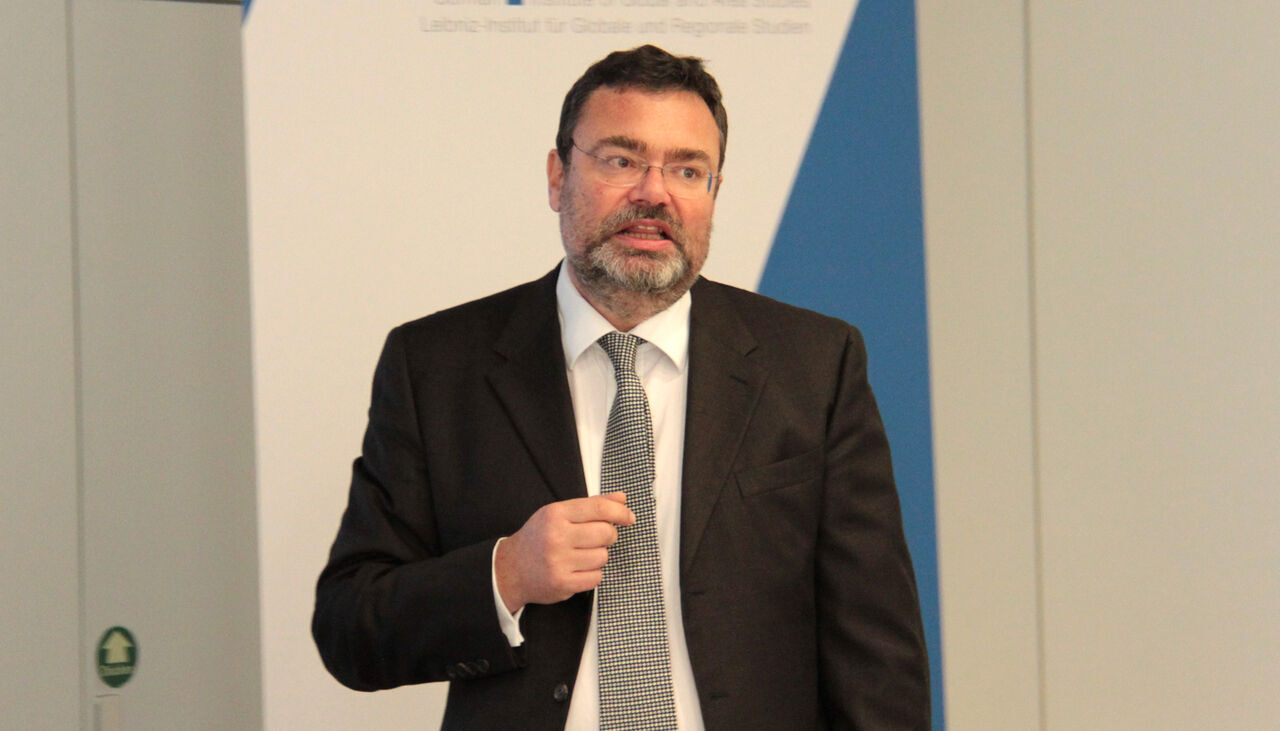
“Hence, the US has excluded itself from the snapback mechanism. That result is in line with the logic of the relevant provisions: the snapback was designed to ensure the integrity of the arrangement, not as a tool to unhinge and destroy it,” Weller said in an exclusive interview with IRNA.
“When withdrawing from the deal, President Trump expressly decided to end "the participation of the United States" in the arrangement. This unhappy phrasing, repeated by Secretary of State Pompeo, makes it difficult to argue that the US remains a participant only for the purposes of the snapback,” he added.
“John Bolton himself, National Security Advisor at the time of the withdrawal, asserts that this view is "legally incorrect", as do all the other participant states and the EU."
"The finding of the Security Council president, undoubtedly based on legal advice, also points in that direction. Moreover, the admittedly ingenious US attempt to isolate the definition of "participant state" from the question of which states are actually participating in the deal does not work," he said.
Elsewhere in his remarks, the British professor pointed to US’ recent failure in the UN Security Council, saying: “The other participants in the deal immediately wrote to the Council president, stating that the US had withdrawn from it and could thus not rely on the snapback procedure. This view was supported by virtually all other members of the Council, other than the Dominican Republic, which has reflected the US position throughout.”
“The Council president then said that, given the large majority of views expressed in this sense, he did not feel in a position to take further action on the US application,” he noted.
“On the other hand, all the other states involved assert that the US cannot rely on the snapback, because it has withdrawn from the deal and is no longer a "participant" - you cannot eat your cake and have it too, as the Russian UN ambassador put it,” he reiterated.
“Ironically, if the US had played by the rules negotiated by the Obama administration, it could have achieved its aims. Instead of withdrawing as a participant state in 2018, it could have alleged serious non-compliance and engaged in the required dispute settlement attempts,” .
These having remained unsatisfactory for the US, it could then have triggered the snapback, while still being unquestionably a "participant state" Weller stated.
US President Donald Trump withdrew from the JCPOA and restored US sanctions on Iran in May 2018. Washington has also been trying hard to restore all international sanctions, which has been turned down by the UNSC members.
Last June, the White House announced that it would present a resolution to the UNSC to extend Iran’s arms embargo, which was roundly turned down on August 15. Only the US and Dominican Republic gave a yes to the draft resolution. The incident is considered a humiliating failure for US diplomacy system.
9376**1424
Follow us on Twitter @IrnaEnglish
IRNA English solhkhabar | Peace International News Agency Peace International News Agency , Peace News , International Agency News of Peace
solhkhabar | Peace International News Agency Peace International News Agency , Peace News , International Agency News of Peace